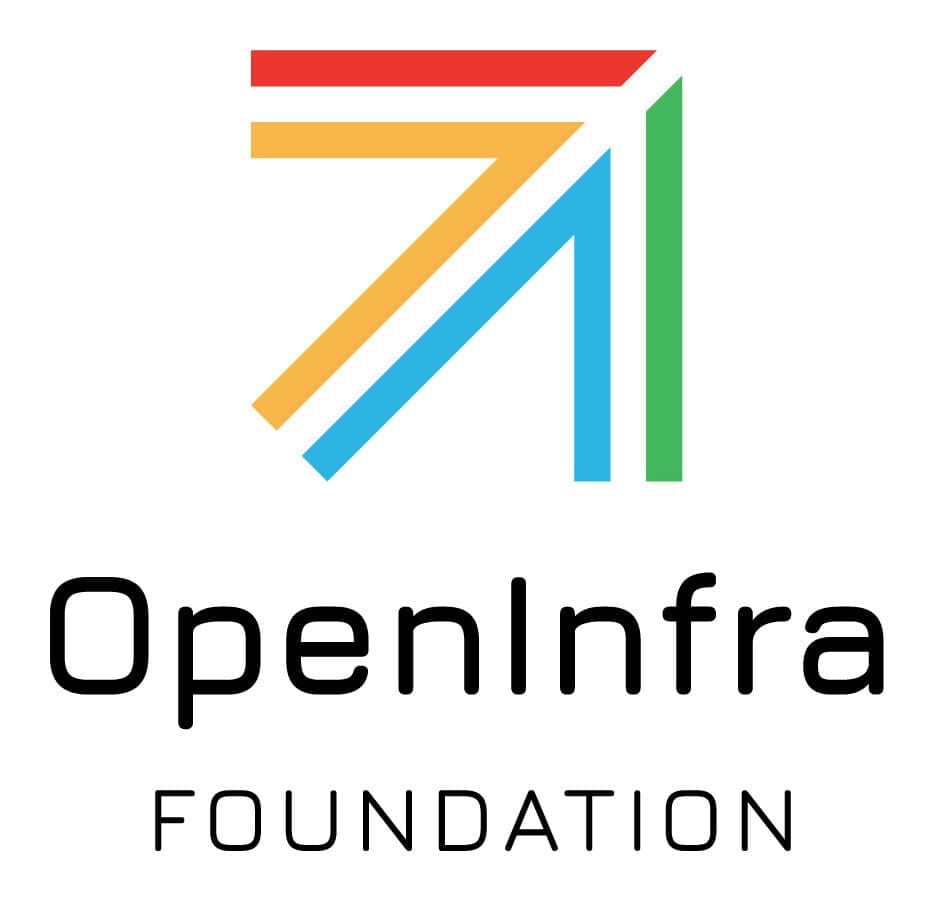The OpenInfra Foundation has released the thirtieth version of OpenStack, named Dalmatian 2024.2, at a time of increasing demand for open-source infrastructure. This new iteration of the world’s most widely used cloud infrastructure software brings significant improvements in support for artificial intelligence (AI) workloads, enhanced security, and an optimized user experience.
Rise in OpenStack Adoption
The OpenStack market is experiencing remarkable growth. It is estimated to reach $22.81 billion in 2024 and is projected to reach $91.44 billion by 2029, with a compound annual growth rate (CAGR) of 32%. This increase in adoption is mainly attributed to two factors:
The search for alternatives to VMware by many organizations.
OpenStack’s suitability for supporting AI workloads, machine learning, and high-performance computing.
Currently, OpenStack has over 45 million cores in production and is used by thousands of users of various sizes and industries.
Key Features of Dalmatian
Skyline: A New Dashboard The Dalmatian version marks the official debut of Skyline as an integral part of OpenStack. This new dashboard, which was previously in technical preview, is now ready for production. Skyline offers a modernized web interface and has added functionalities such as support for Masakari, Designate, and FWaaS, as well as various translations.
Improvements in AI and High-Performance Computing Support Dalmatian introduces significant advances in supporting AI workloads and high-performance computing:
Blazar now allows reserving compute instances based on existing Nova flavors, making it easier to reserve GPU instances.
Nova has improved device persistence for vGPUs through compute host restarts, offering greater convenience and efficiency for hardware accelerator users.
Enhanced Security The new version incorporates numerous security enhancements in various components:
Ironic has hardened multiple security aspects, including mandatory encryption of rescue passwords and secure communication between services.
Neutron has added support for the administrator role in its APIs.
Nova now automatically detects virtual Trusted Platform Module (vTPM) support and allows requiring Transport Layer Security (TLS) connections for SPICE consoles.
Improvements in User Experience Dalmatian introduces several features that enhance the usability of the software:
Ironic has introduced the concept of “runbooks,” allowing self-service maintenance elements on nodes by project members.
Manila now offers users the ability to manipulate storage capabilities through shared metadata.
OpenStack Dalmatian 2024.2 represents a significant step in the evolution of this open-source platform. With its improvements in AI support, enhanced security, and optimized user experience, Dalmatian positions itself as a robust solution for organizations seeking flexible and powerful alternatives for their cloud infrastructures.

